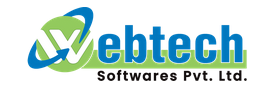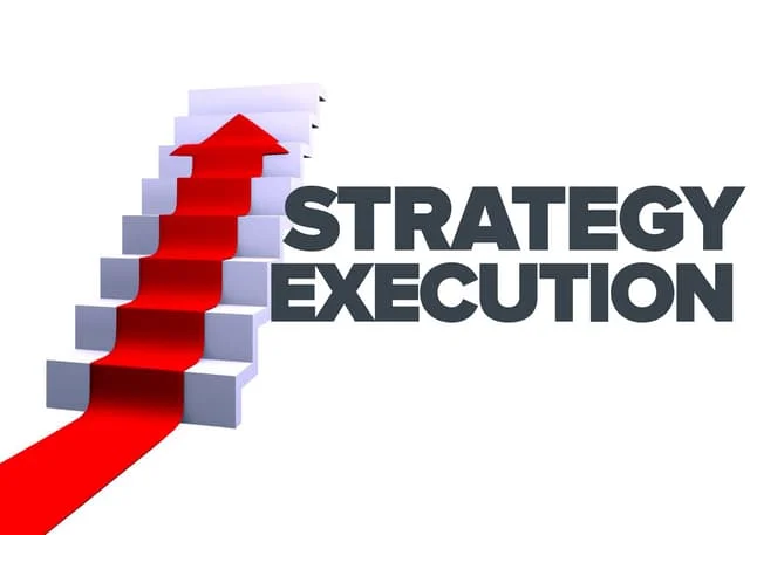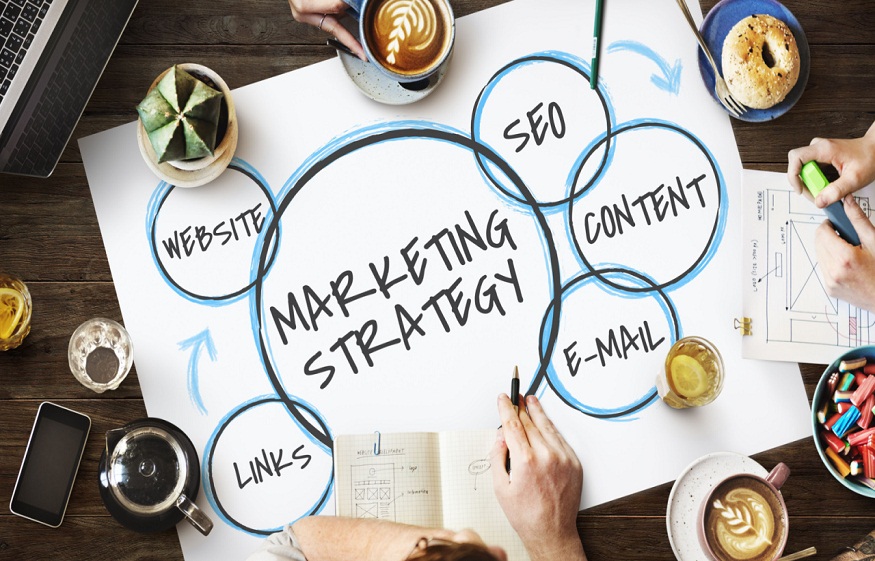
LinkedIn isn’t just a digital resume hub anymore; it’s a powerhouse for B2B marketing, a critical lead generation engine, and the ultimate platform for building professional connections and thought leadership. With over 950 million members globally, the potential to reach decision-makers, nurture leads, and build your brand is immense.
But navigating its complexities – from crafting compelling content and running targeted ad campaigns to optimizing company pages and engaging with the right professionals – demands expertise. That’s where a specialized LinkedIn marketing agency comes in. They can be the catalyst your business needs to unlock the platform’s full potential.
However, selecting the right agency can feel overwhelming. How do you cut through the noise and find a partner that genuinely understands your goals and can deliver measurable results? This definitive guide will arm you with everything you need to make an informed decision.
Why Your Business Needs a LinkedIn Marketing Agency
Before we dive into selection, let’s quickly recap why outsourcing your LinkedIn marketing can be a game-changer:
- Expertise & Specialization: They live and breathe LinkedIn, staying on top of algorithm changes, new features, and best practices.
- Time-Saving: Free up your internal team to focus on core business operations.
- Data-Driven Strategies: Access to advanced tools and analytics to refine campaigns and maximize ROI.
- Scalability: Easily scale your efforts up or down without the overhead of hiring full-time staff.
- Fresh Perspective: An external team can offer unbiased insights and innovative strategies.
The Definitive Checklist: What to Look for in a LinkedIn Marketing Agency
Your partnership with a LinkedIn marketing agency should be strategic and long-term. Here’s what to meticulously evaluate:
1. Proven Experience & Specialization in LinkedIn
- Beyond General Marketing: Does the agency truly specialize in LinkedIn, or is it just one of many services they offer? An agency that focuses solely or heavily on LinkedIn will have deeper insights into its unique nuances, audience behavior, and algorithms.
- Relevant Case Studies: Ask for specific examples of their work on LinkedIn. Look for case studies that align with your industry, business type (B2B, B2C if applicable), and marketing objectives (e.g., lead generation, brand awareness, talent acquisition).
- Measurable Results: Do their case studies showcase tangible outcomes like increased MQLs, reduced cost per lead, improved engagement rates, or higher profile views?
2. Deep Understanding of Your Business & Industry
- Beyond Generic Pitches: A great agency won’t just present a standard package. They’ll ask probing questions about your business model, target audience, unique selling propositions, existing marketing efforts, and specific challenges.
- Industry Acumen: Do they have experience working with clients in your industry? They should understand industry-specific pain points, buyer journeys, and common objections.
- Strategic Alignment: Do they demonstrate an understanding of how LinkedIn marketing fits into your broader business goals and overall marketing strategy?
3. Comprehensive & Tailored Strategy Development
- Not Just “Posting”: LinkedIn marketing is more than just sharing updates. A strong agency will propose a multi-faceted strategy that includes:
- Content Strategy: Organic posts, articles, videos, carousels, employee advocacy.
- Paid Advertising (LinkedIn Ads): Audience targeting, ad format selection, budget allocation, A/B testing.
- Profile & Company Page Optimization: Ensuring your digital presence is compelling and professional.
- Lead Generation & Nurturing: How they plan to capture and move leads through your funnel.
- Engagement & Community Building: Strategies for interacting with your audience.
- Customization, Not Templates: Their proposed strategy should be clearly tailored to your unique objectives and budget, not a one-size-fits-all solution.
4. Transparency in Reporting & Analytics
- Clear KPIs: How will they measure success? They should define key performance indicators (KPIs) relevant to your goals (e.g., leads generated, website traffic, engagement rate, reach, ad spend ROI).
- Regular, Understandable Reports: Ask about the frequency and format of their reports. Are they easy to understand? Do they provide insights and recommendations, not just raw data?
- Access to Data: Will you have access to campaign dashboards or raw data if you desire? Transparency builds trust.
5. Team Expertise & Certification
- Who is Working on Your Account? Don’t just meet the sales team. Ask to meet the account managers, strategists, and copywriters who will be directly involved in your campaigns.
- LinkedIn Certifications: Some agencies invest in official LinkedIn certifications for their team members, demonstrating a commitment to platform expertise.
- Diversity of Skills: A good team will include strategists, content creators, ad specialists, and analysts.
6. Proactive Communication & Collaboration
- Defined Communication Channels: How will you communicate? Weekly calls, Slack, email? What’s the expected response time?
- Collaborative Approach: Do they see you as a partner, or do they expect to just “do the work”? The best outcomes come from close collaboration and mutual feedback.
- Proactivity: Do they bring new ideas to the table? Are they constantly looking for ways to optimize and improve your campaigns?
7. Realistic Expectations & Ethical Practices
- No “Guaranteed” Results: Be wary of agencies that promise guaranteed leads or specific ROI figures in the very first conversation. While they should aim for high performance, truly ethical agencies understand that results vary and depend on many factors.
- Transparent Pricing: Their pricing structure should be clear and upfront. Is it a retainer, performance-based, or project-based? Are there any hidden fees?
- Compliance: Do they adhere to LinkedIn’s advertising policies and data privacy regulations (e.g., GDPR, CCPA)?
8. Agency’s Own LinkedIn Presence
- Practice What They Preach: How does the agency manage its own LinkedIn profile and company page? Do they actively engage, share valuable content, and run their own successful campaigns? Their own presence is a living testament to their capabilities.
Questions to Ask Potential Agencies
- “Can you walk me through your typical onboarding process?”
- “What do you believe are the biggest opportunities for our company on LinkedIn?”
- “How do you stay updated with LinkedIn’s constant changes and algorithm updates?”
- “What’s your typical process for developing a content strategy for a new client?”
- “How do you handle budget allocation and optimization for LinkedIn Ads?”
- “What’s your reporting structure, and what KPIs do you prioritize for clients like us?”
- “Beyond the numbers, how do you measure the qualitative impact of your work?”
- “Can you connect me with a current or past client for a reference?”
- “What makes your agency different from others specializing in LinkedIn marketing?”
Red Flags to Watch Out For
- Vague Promises or “Secret Sauce”: If they can’t clearly explain how they’ll achieve results, be cautious.
- No Case Studies or References: A reputable agency will proudly share their successes.
- Pushing for a Long-Term Contract Too Soon: Look for initial shorter-term agreements or pilot projects to test compatibility.
- Lack of Questions About Your Business: If they don’t seem interested in understanding your specific needs, they won’t build a tailored strategy.
- Poor Communication During the Sales Process: If they’re slow to respond or unclear now, imagine what it will be like when you’re a client.
- Their Own LinkedIn Presence is Lacking: If they can’t market themselves effectively on LinkedIn, how can they market you?
Conclusion
Choosing the right LinkedIn marketing agency is a critical decision that can significantly impact your business growth. It’s not just about finding someone who can do the work, but finding a strategic partner who understands your vision, aligns with your values, and has a proven track record of delivering results.



